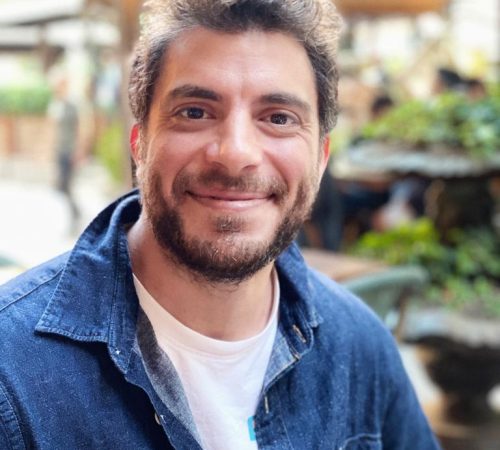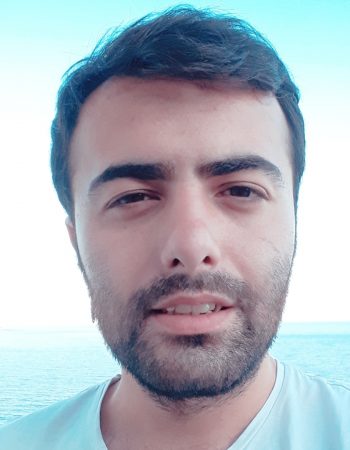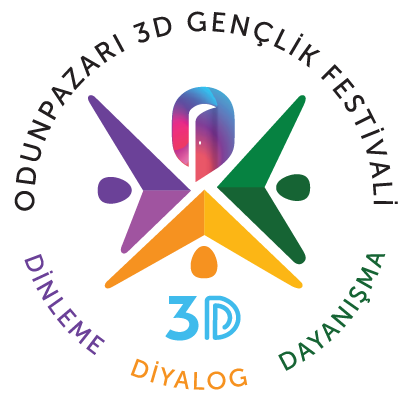The of Democracy in Türkiye
Türkiye is a country with a longer experience of multiparty democracy compared to many Western countries. The change of power and transition to multiparty democracy in the 1950 elections differentiates Türkiye from countries like Spain and Portugal, which today have consolidated democracies, in terms of democratic experience. However, Türkiye’s long journey to democracy has not been a smooth and unobstructed one. There are still many problem areas that persist to this day in the way of the consolidation of democracy in Türkiye. The capacity to hold fair and free elections, which is the minimum condition of democracy, the representativeness of political parties and internal democracy, the accountability dimensions and mechanisms of democracy, problems related to fundamental rights and freedoms, and obstacles in the field of political participation are issues that we still frequently discuss and debate today. In this session, we will discuss Türkiye’s experience of multi-party democracy since 1950, the main problem areas that have been filtered through this experience and transformed to a certain extent, and the steps that need to be taken to address these problem areas.
Moderator
Rapporteur


Hakan Yavuzyılmaz (Ph.D)
Bedir Sarıcı
He works as Research and Policy Development Coordinator at Sabancı University Istanbul Policy Center, Checks and Balances Network. After receiving his PhD in Political Science from Hacettepe University, he was a postdoctoral researcher at the University of Nottingham and worked as a researcher at the Research Center for Parties and Democracy (REPRESENT). His work on political regimes and regime transitions, political parties and party systems has been published in international journals such as Party Politics, Journal of Balkan and Near Eastern Studies and Southeast European and Black Sea Studies.
Bedir SARICI completed his primary, secondary and high school education in Giresun. Sarıcı, who studied Geophysics Engineering at Çanakkale 18 Mart University in 2010, left this department after his second year and continued his undergraduate education at Anadolu University, Department of International Relations. He worked as a digital and social media marketing specialist, project coordinator and software/system tester in various institutions in Istanbul until he completed his undergraduate education in 2016. He started his master’s degree in Middle East Political History and International Relations at Marmara University in 2016, and his master’s thesis is titled “Neofunctionalist Peace Building in the Middle East Levant Region”. Sarıcı’s master’s thesis writing process was unfinished after he won Anadolu University Political Science and International Relations department in 2018 as a Ph.D. scholarship from Council of Higher Education in Turkey, International Security and Terrorism priority field. In 2019, he did his Erasmus+ internship in Amsterdam as a researcher on the global climate crisis and global income inequality. His academic interests are International Relations Theory (especially critical and post-positivist theories), European Security and Political Philosophy. Sarıcı continues his education as a doctoral candidate.
